Introduction by Helen
Giorgio is a much valued and loved member of one of Tūranga’s ESOL bookgroups. Now eighty three years old, Giorgio moved to Christchurch from Italy in 2016. Below is his recollection of the Second World War as a young boy in Italy, inspired by one of our reads this year The Diary of Anne Frank. We are so honoured to share his story, and, like Giorgio, we hope it inspires others to share their stories too, and bear witness to tragedy.
Why I Could not Read the Anne Frank Diary by Giorgio
Anne Frank entered the hiding place of her father’s office Thursday 9 July 1942.
At that time I was a 6 year and 1 month old child.
On July 7th 1942, half the town of Turin where I was living was destroyed by the first allied bombing, because of the Fiat car factory.
On October the 1st 1942, I started my first primary school day. There was bombing almost every night. I remember the alarm sirens, our rushing still sleeping to the bomb shelter underground. I remember the dark (no light! The planes could see you!), the cold, the fear.
I was just a 6 year, 4 month old child. We had been evacuated in November 21st 1942, trying to move to the native village of my father, just 30km away from Turin. I remember the incredible never ending crowd at the train station. There was such a lot of people that I needed to be put up over the heads, and I entered by the window inside the train cart where my father put in our two suitcases. The train, always stopping because of the bombings, took almost 24 hours to run 30km. The day after my mother, my brother, and I finally came to my father’s village. My father needed to come back to Turin because he was under the military law.
The night after, November 22nd 1942, a second allied bombing destroyed the four floor place where we lived, and the rubble from it collapsed onto the entrance of the underground shelter where my father was with all the other tenants. My father needed to work for many hours to open bare handed, a tunnel to exit.
We lived for three years in my father’s village during the war, just with the clothes of our two suitcases for us all. I had my first, second, and third years of primary school at this village of one thousand residents, for many months not understanding what my class mates were talking about because they spoke, not Italian, but the local dialect I didn’t understand.
I saw 3 or 4 partisan fighters killed by the soldiers of the German Wehrmacht.
I still remember a classmate of mine crying from the pain and the fear with his hands bleeding, an explosive device hidden in a fountain pen cut off three fingers on one of his hands and two on the other. The allied armies put these devices in the country to terrify country people.
In a punitive war operation against the civil population, the German Wehrmacht military took prisoner 20 residents of the village. My father was in the group of prisoners. They were ordered about, always under the threat to be shot, in a jail more than 80km away from our village. This happened for five days, from September 7 1944, to September 11 1944. Then all 20 civilian prisoners were released. And I still had my father.
On the contrary, all the Anne Frank family were arrested on August the 4th 1944, and sent to different concentration camps (Anne’s mother, her sister Margot, and herself to Bergen Belsen). All three died in the winter 1944-45. Anne’s father who was sent to Auschwitz, survived just because the Russian soldiers reached the concentration camp.
We survived the four of us. Of course I remember those three years as a time of perpetual hunger (there was not enough food), cold, poverty and dangers. But I also remember those three years from 1942 to 1945 (when the war finished for Italy) as the most beautiful, happy, and carefree of my life, because I was a child in a group of maybe more than twenty children, absolutely free in a small country village.
But I’m sorry I couldn’t read the Anne Frank Diary. I guess that you understand why I can’t read anything about the German Army in the Second World War. Now I am an 83 year old man.
Thank you for listening to me.
Anne Frank
Read:
- Anne Frank's Diary
- Anne Frank's Diary in te reo Māori
- The first graphic edition of Anne Frank's Diary
- Books about Anne Frank

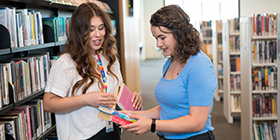
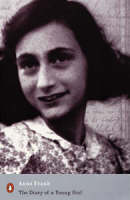
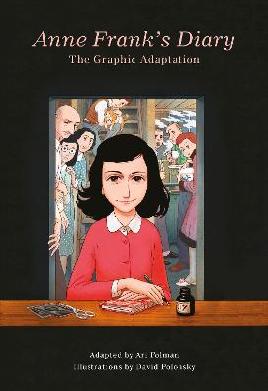
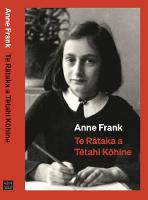
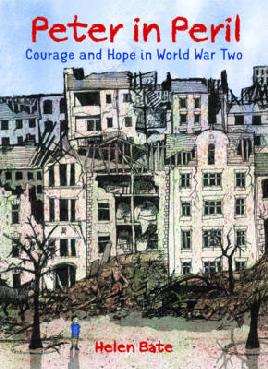
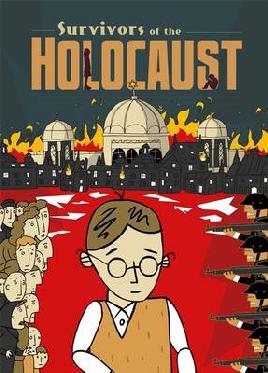


Add a comment to: Why I Could not Read the Anne Frank Diary: guest post